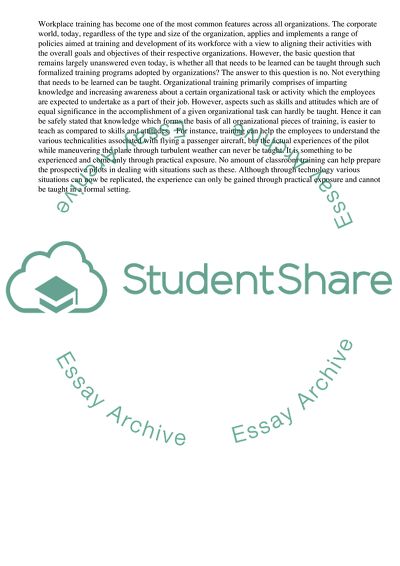Cite this document
(Developing Managerial Skills in Engineers and Scientists Case Study, n.d.)
Developing Managerial Skills in Engineers and Scientists Case Study. Retrieved from https://studentshare.org/management/1739113-not-everything-that-needs-to-be-learnt-can-be-taught-discuss-with-reference-to-formal-and-informal-approaches-to-training-in-an-organization-with-which-you-are-familiar
Developing Managerial Skills in Engineers and Scientists Case Study. Retrieved from https://studentshare.org/management/1739113-not-everything-that-needs-to-be-learnt-can-be-taught-discuss-with-reference-to-formal-and-informal-approaches-to-training-in-an-organization-with-which-you-are-familiar
(Developing Managerial Skills in Engineers and Scientists Case Study)
Developing Managerial Skills in Engineers and Scientists Case Study. https://studentshare.org/management/1739113-not-everything-that-needs-to-be-learnt-can-be-taught-discuss-with-reference-to-formal-and-informal-approaches-to-training-in-an-organization-with-which-you-are-familiar.
Developing Managerial Skills in Engineers and Scientists Case Study. https://studentshare.org/management/1739113-not-everything-that-needs-to-be-learnt-can-be-taught-discuss-with-reference-to-formal-and-informal-approaches-to-training-in-an-organization-with-which-you-are-familiar.
“Developing Managerial Skills in Engineers and Scientists Case Study”, n.d. https://studentshare.org/management/1739113-not-everything-that-needs-to-be-learnt-can-be-taught-discuss-with-reference-to-formal-and-informal-approaches-to-training-in-an-organization-with-which-you-are-familiar.


